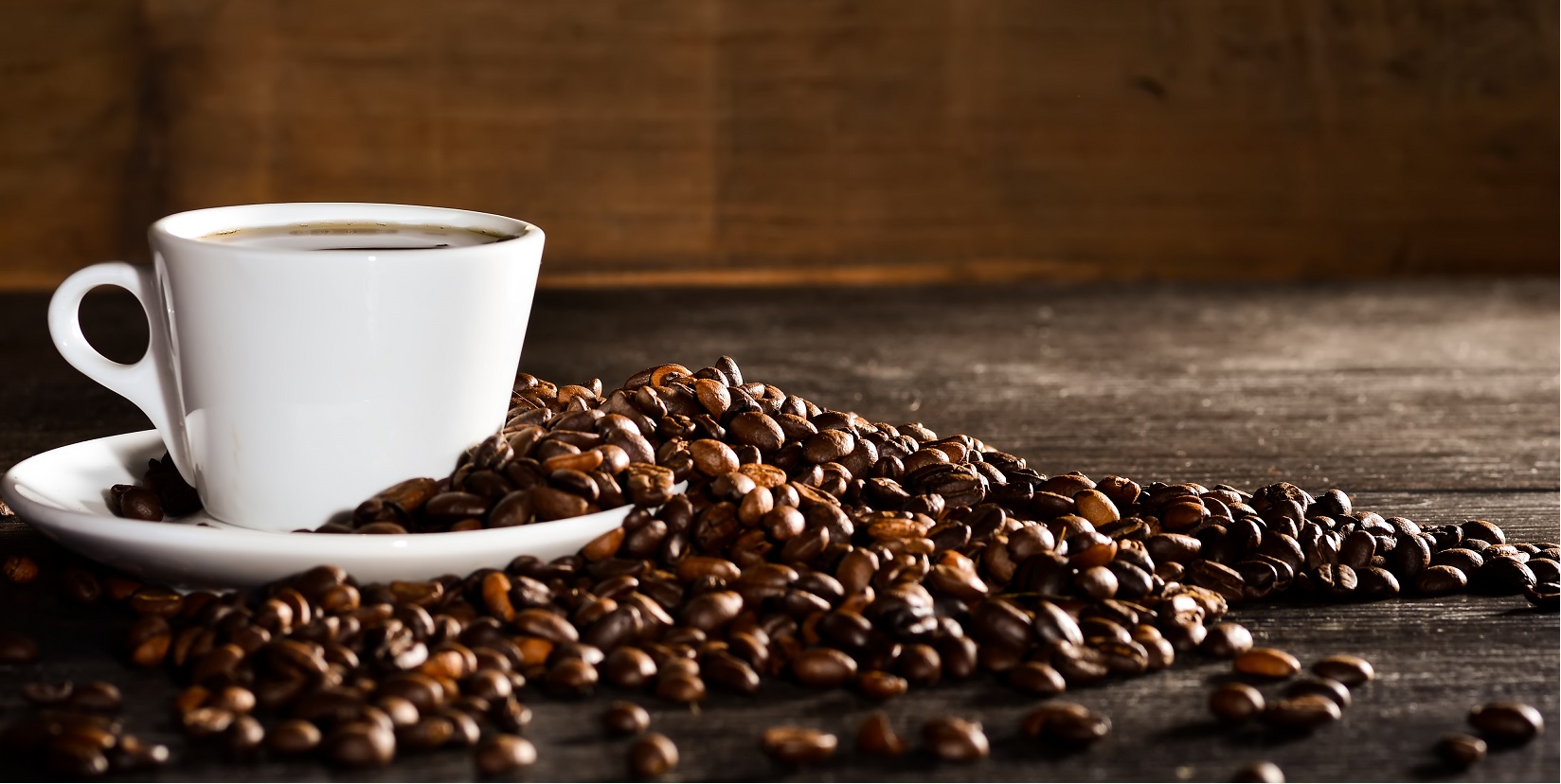Call Ahead Care Line: (281) 783-8162

Have you ever wondered, how much caffeine is too much? Are the pick-me-up drinks I choose beneficial for my health? We dive into this popular question and more!
They say too much of a good thing is never, well, good. For parents, workers, students, athletes, and various other folks on similar high-demand walks of life, caffeine is a mainstay. It’s the pinnacle of each morning, fuel to the tank, and for some enthusiast, a lifestyle (especially for those of us in the medical field)! So how much caffeine is too much, does the source of the caffeine matter, and what should we keep in mind to consume responsibly?
There’s a stark contrast between what is medically safe/allowable and what is best practice for a healthy lifestyle. Studies are conclusive that 400mg of caffeine is the max an average adult should consume per day, which is the equivalent to 4 regular-sized cups of coffee. Organizations such as The Mayo Clinic, the FDA, and many others are relatively conclusive on this data. However, let’s dive a bit deeper.
You may be thinking, “I don’t consume nearly that much, so I must be okay!”. While that may be true, it must be understood that the 400mg-rule may not be for everyone. Certain factors such as hydration, sleep habits, nutrition, and body weight might pay a factor in finding your personal caffeine max, as is the type of caffeine consumed (which we’ll get to later in this article). As a rule of thumb, you may want to cut back on your caffeine consumption if you experience any of the following symptoms after consumption:
Coffee isn’t the only go-to for caffeine enthusiast, and knowing the difference matters to consume responsibly. Below lists some of the most popular caffeine-fueled beverages, their contents, and important things to know.
Coffee:
We’ll of course start with the obvious – coffee beans are natural and a safe source of caffeine. The average cup of black coffee contains roughly 100mg of caffeine, while espresso on the other hand contains roughly 65-75mg of caffeine. However, keep in mind that the type of drink and brew directly effects the overall caffeine contents. Explore this article from Medical News Today for more helpful information.
Energy Drinks:
As you can imagine, energy drinks vary widely in their caffeine contents, as well as their ingredients. For example, Bang Energy Drinks contain 300mg of caffeine in a single can, while Red Bull contains roughly 115mg. Monster, another popular energy drink choice, contains about 160mg of caffeine in a standard 16oz can. While the caffeine quantities in these choices are still within the 400-max range, active ingredients like taurine, high amounts of sugar, and niacin can be harmful.
Tea:
Like coffee, tea is another natural source of caffeine that is healthy and relatively low on the overall contents. The average cup of tea contains roughly 20-25mg of caffeine, however, this varies depending on the type of tea. Black tea for example contains roughly 45-50mg of caffeine, while green tea contains about 30mg. Here’s a helpful source for tea types and their caffeine contents.
Soda:
While the caffeine contents in soda are relatively low, some of the ingredients can be harmful in the long run with over consumption. The average can of Coca Cola contains roughly 34mg of caffeine in a 12oz can, which is relatively similar across other caffeinated soda brands/types. The high amounts of sugar contained in most popular brands can have negative long term health effects, so consume with caution.
Caffeine in itself is a good thing and can coincide with a healthy lifestyle! While the 400mg-max rule is a safe standard, it’s important to know yourself and your own personal limits. Monitor yourself for negative side affects noted above, and try to stick with natural caffeine sources like coffee and tea (with the understanding that other sources can be safe in moderation).
Catch Our Recent Podcast Episode: How Do Vaccines Work? What You Need to Know
We improve our services by using Microsoft Clarity to see how users interact with our website. By using our site, you agree that we and Microsoft can collect and use this data.